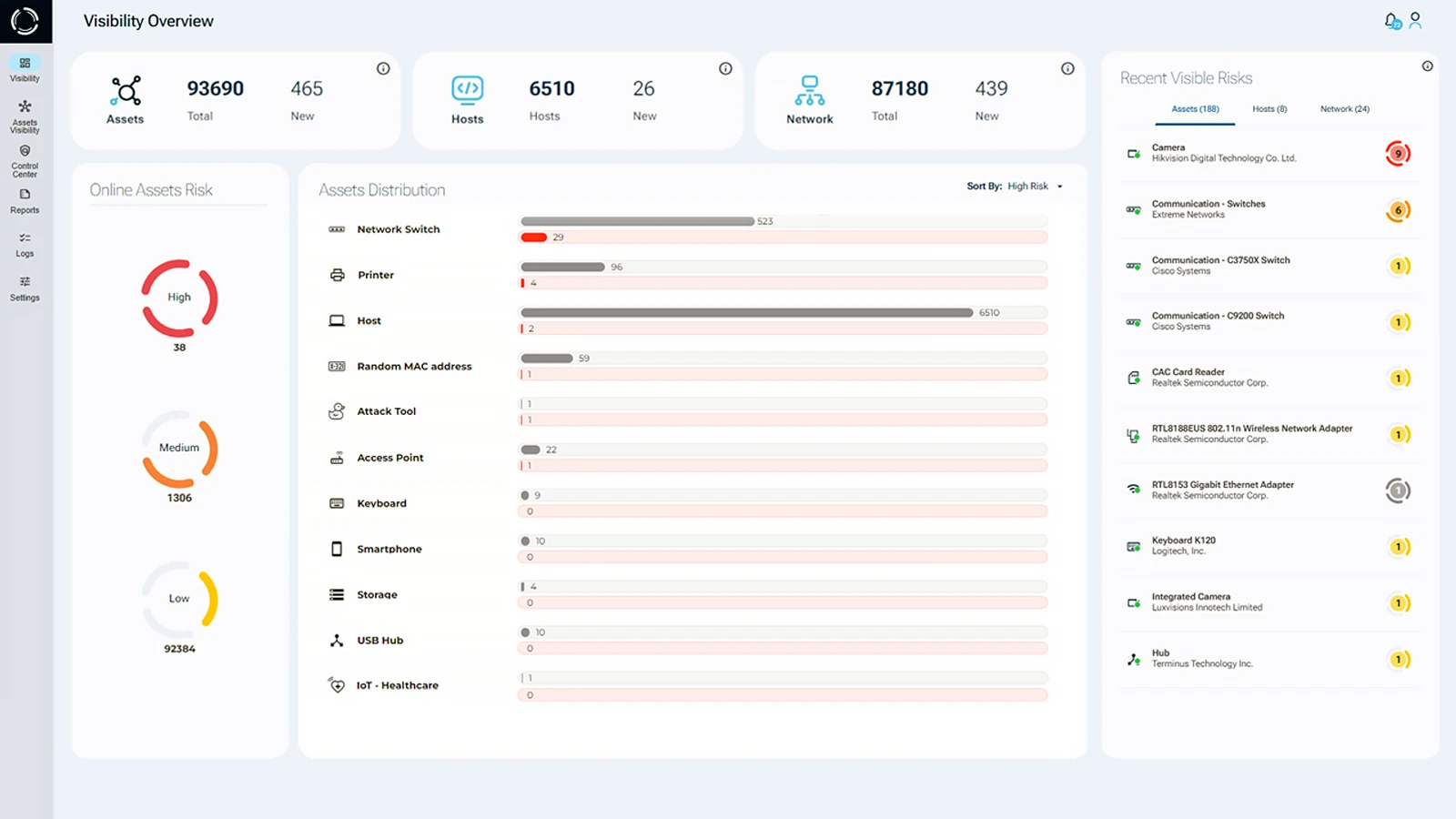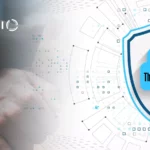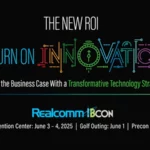What Are the Security Challenges of Remote Work?
As organizations continue to adopt flexible work models, remote work security challenges have grown significantly. With employees working from various locations, home offices, co-working spaces, or even cafés, new vulnerabilities emerge that require more comprehensive and adaptive security strategies.
This blog explores the main cybersecurity challenges of remote working and provides essential tips for protecting your business.
Why Is Remote Work More Vulnerable to Cybersecurity Threats?
As businesses embrace hybrid and remote work models, the security challenges of remote working have become more complex. Working from home, co-working spaces, or even public areas introduces a broader range of security threats that companies must address. From weak Wi-Fi networks to unsecured personal devices, each environment presents unique risks that can compromise an organization’s data integrity. Addressing these remote work security challenges requires adaptive strategies, making strong cybersecurity protocols more important than ever.
What Are the Most Common Remote Work Security Risks?
While remote work has become more common, many employees find themselves working from unconventional spaces like coffee shops. However, this convenience comes with remote work security risks. Using public chargers or connecting to unfamiliar networks can expose your devices to security threats such as data theft or malware. It’s crucial to be aware of these risks and implement best practices for secure remote work, such as using trusted devices and secure connections.
Strong Passwords and Multi-Factor Authentication
One of the simplest ways to reduce remote work security risks by implementing strong passwords and multi-factor authentication (MFA). Employees working remotely should be encouraged to use complex passwords and, whenever possible, enable MFA. These steps can significantly reduce unauthorized access to company accounts. However, even with strong passwords, businesses should employ other protective measures, such as virtual private networks (VPNs) and encryption, to ensure that sensitive information remains secure.
Preventing Phishing and Social Engineering Attacks
Social engineering attacks, including phishing, have seen a sharp increase in remote work settings. Hackers often exploit employees’ sense of urgency or lack of familiarity with certain protocols to trick them into divulging sensitive information. Organizations should offer regular training sessions to help employees recognize suspicious emails, messages, and other forms of communication. An informed and vigilant workforce is a significant line of defense against such attacks.
Risks of Using Unknown Devices in Remote Work
Remote work also introduces risks from seemingly harmless interactions, like using a borrowed charger. This innocent gesture could be part of a “juice jacking” attack, where compromised devices are used to steal data. Avoiding unknown or untrusted devices is essential to prevent unauthorized access to sensitive information.
Sepio’s Endpoint and Network Solution
While remote work presents several security challenges, effective solutions are available. Sepio stands out as a leader in Rogue Device Mitigation (RDM), offering comprehensive solutions to address these issues.
- Ultimate Visibility of IT Assets: Sepio’s ARM technology ensures that no device goes undetected within an enterprise’s network. Whether dealing with USB gadgets or unmanaged Ethernet switches, Sepio provides unparalleled visibility. This visibility helps organizations strengthen their cybersecurity posture by detecting all devices, regardless of their origin.
- Enhanced Security Through Comprehensive Detection: Gone are the days when businesses relied on manual reporting, outdated inventory lists, or employee compliance alone to monitor device security. Sepio’s platform offers a robust solution that identifies and mitigates risks posed by vulnerable or rogue devices, including those introduced inadvertently by employees or malicious actors.
- Focus on Hardware Security: Remote work challenges include a lack of control over device usage and the limitations of traditional security solutions. Enterprises must prioritize hardware security as a fundamental aspect of their defense strategy. Sepio’s platform excels in providing visibility across all hardware assets, both on USB and network interfaces.
- Advanced Device Detection and Access Control: Sepio analyzes the physical layer to detect and identify all devices and their true identity. This advanced capability allows organizations to enforce hardware access control policies based on roles and device characteristics, thereby enhancing overall security against remote work security challenges.

Implementing Sepio’s solutions not only tackles immediate threats but also lays the foundation for long-term remote work cybersecurity resilience.
Secure Your Remote Work Environment
Watch Now – Captain RDM: Special Episode #WFH
Explore how remote work introduces hidden device threats, and what steps you can take to stay protected.
Sepio’s patented technology delivers unmatched visibility and control at the physical layer, helping organizations overcome the unique cybersecurity challenges of remote working.
Schedule Your Demo and take the first step towards a more secure future for your business.






